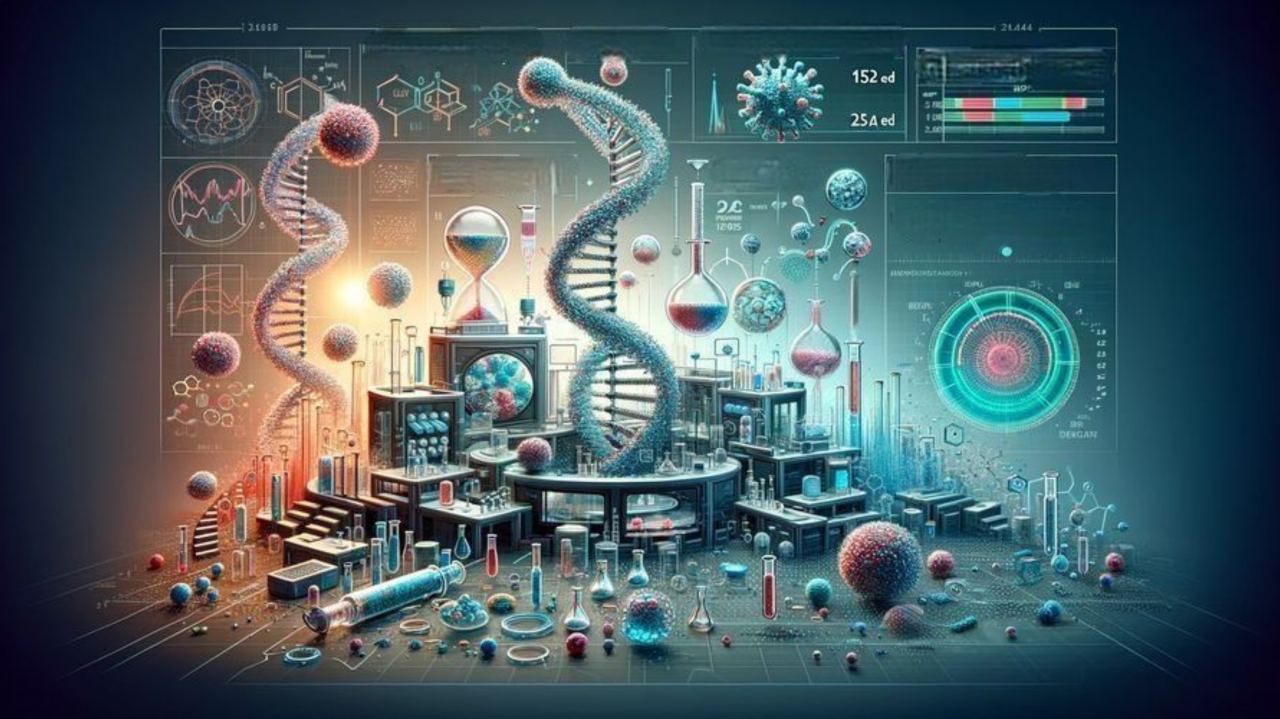Mastering Colloidal Stability: A New Paradigm for Therapeutic Protein Development

Characterizing colloidal stability is central to developing safe and efficacious protein-based therapeutics. To be viable, the target biotherapeutic must remain stable during production, storage, and patient delivery. The most insightful and successful techniques for monitoring and characterizing colloidal stability involve in-situ and real time analysis under modelled stress conditions. This permits the investigation of solution behavior in response to a stressor in real time without any extrinsic perturbation of the sample.
Oftentimes a biopolymer sample is subjected to a stressor then an aliquot is removed for subsequent analysis. Transference of the sample to an analysis vessel may disrupt loosely associated aggregates, prohibiting an accurate representation of the sample state. Size exclusion chromatography (SEC) is a robust technique for determining particle size distributions post facto. However, SEC falls short of monitoring the formation of higher order species and aggregates or degradation in real time. Furthermore, shear forces created during elution and nonspecific interactions with resin may influence native solution behavior, preventing accurate delineation.
ARGEN offers a revolutionary approach to overcoming these challenges in biopharmaceutical research. ARGEN facilitates in-situ, real-time colloidal stability monitoring, manufacturing stress modelling, shelf-life determination, and rapid parallel analysis. This innovative instrument not only enhances the efficiency of formulation development, but also ensures the quality and stability of the final therapeutic product.
Real-time Monitoring of Stability
One of the core features of ARGEN is its ability to monitor biopolymer colloidal stability in real-time. Traditional methods often require post-stress analysis, which may not accurately capture the dynamic processes of aggregation and degradation as they occur. ARGEN, however, provides immediate feedback on these critical stability parameters, allowing for quick adjustments during the formulation development process. This capability is instrumental in reducing the development time for stable formulations, a key advantage for biopharmaceutical companies looking to get their biologics to market faster.
Oligomerization Kinetics
Understanding the behavior of biopolymers, especially their transition between different oligomeric states (e.g., monomer to dimer), is crucial for predicting their performance in therapeutic applications. ARGEN’s ability to analyze these transitions in real-time offers much deeper insight into biopolymer kinetics than what is possible with conventional methods like gel permeation chromatography (GPC). This knowledge aids in the development of formulations that are both stable and effective under physiological conditions.
Modelling of Bioprocessing Stress
Biopolymers are subject to various stress conditions during bioprocessing, including shear mechanical and thermal stress. ARGEN provides a versatile platform with up to 16 independently controlled cells for the precise modelling of these stressors, thus enabling the formulation of biopolymers that can withstand such conditions without losing their therapeutic efficacy or stability. This aspect of ARGEN is particularly beneficial for ensuring the robustness of biopolymers throughout the production, storage, and drug delivery phases.
Parallel Analysis and Low-Temperature Analysis
The ability to analyze multiple samples simultaneously in a design of experiments (DOE) format dramatically accelerates the formulation development process. ARGEN’s parallel analysis capability significantly reduces the time required to identify optimal formulations. Moreover, ARGEN’s capability to analyze samples at low temperatures is critical for assessing the stability of biopolymers intended for storage in refrigerated conditions, ensuring that they retain their therapeutic properties over time.
Versatility and Impact on R&D
ARGEN’s versatility extends across the formulation development process from pre-formulation studies, excipient selection, formulation development and optimization, analytical development and validation, and stability studies. ARGEN is complementary to various analytical techniques, such as SEC, native PAGE, DLS, and Raman spectroscopy. This comprehensive approach allows for a holistic understanding of biopolymer behavior under different conditions, streamlining the R&D process. The time-saving benefits of ARGEN, akin to having up to 16 separate static light scattering instruments in one, further expedite the development of new formulations, enabling quicker iterations and faster market entry of new biologics.
The integration of ARGEN into the research and development process of protein-based therapeutics marks a significant advancement in the field. By offering real-time data insights into stability, facilitating the modeling of bioprocessing stress, and enabling rapid parallel analysis, ARGEN addresses the critical challenges faced in biopolymer formulation R&D. This leads to the creation of more stable, effective, and reliable therapeutic products, and ultimately enhanced patient outcomes.
Connect with Yokogawa Fluence Analytics Today!

